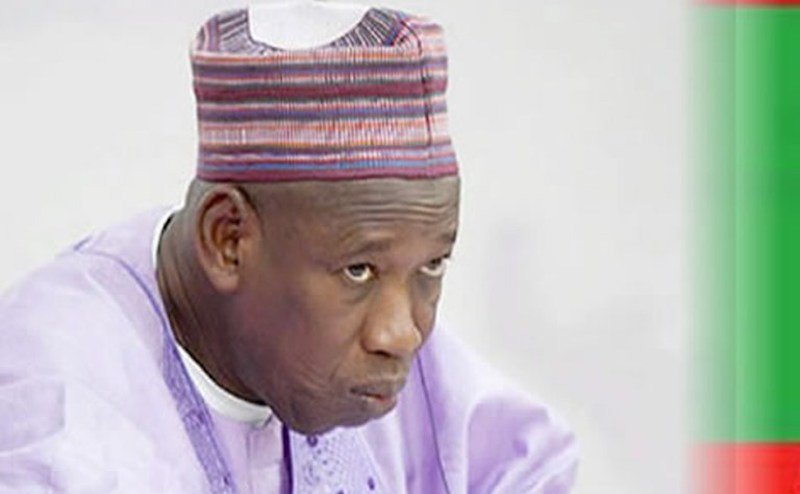…DAKKADA OIL PALM FACTORY COMMENCES MILLING SOON
“Since May 2023, Akwa Ibom State Government Invests N112 Billion in Road Infrastructure”
Commissioner for Works and Fire Service, Prof. Eno Ibanga disclosed this when he presented a breakdown at the State Executive Council meeting in Uyo.
He revealed that 39 new road projects have been undertaken with N78.77 billion released to fund them, while old projects have been funded to the tune of over N30 Billion, with an additional N12 Billion recently released by the Governor.
Details of the Exco meeting were made public by the Commissioner for Information, Ini Ememobong.
The Executive Council also approved the increment of pension for pensioners who retired before 2012, effective April 2024.
Following the ongoing harvesting of fruits, milling will soon commence at the Dakkada Global Oil Palms.
The Managing Director of the Akwa Ibom Investment Corporation, Pastor Imoabasi Jacob announced this during his presentation at the State Executive Council meeting presided over by Governor Umo Eno.
Two projects executed through the Direct Labour Agency have been completed with 19 other ones ongoing.
The Director of Operations of the Agency, presented a status update on the projects under their supervision, also disclosed that 31 of the 100 initial ARISE Compassionate Homes will be completed and presented soon.
The Council was also briefed on the progress at Ibom LED, where 800 people have been trained and N400m has been approved to fund the grant of N500,000 to each of the participants, which will soon be done.
The Governor charged all the Executive Council members to ensure that all the projects and programmes under their supervision are people-centric from ideation to execution. He advised that project monitoring should be ramped up to ensure quick completion.
Major Highlights of the meeting are as follows:
√Status update on Food sufficiency received; proposal on increased cocoa, rice production & Ibom Model Farm submitted by HC for Agriculture & Rural Development
√Presentation of proposal by MD, AKICORP on Ibom Towers, FalconNext, Landmark Beach Resort.
√Dakkada Global Oil Palms Ltd ready to commence milling of ongoing harvested fruits
√Confirmation of N400m disbursed at N500,000 each to 800 IBOM-LED trainees in two batches
√Briefing by HC Works & Fire Service on N112 billion disbursed by the Governor for road infrastructure since May 2023, with 39 new road projects receiving N78.77 billion & N30 Billion for old projects, with additional release of N12 Billion
√Presentation by HC Culture & Tourism on tourism blueprint for proposed development of Tourism hubs at Ikot Abasi, Itu, and Oron
√ Two projects ready, 19 ongoing through Direct Labour Agency on 1 Project per Local Government Area; 31 ARISE Compassionate Homes nearly completed
√Approval for increment of pension for pensioners who retired before 2012, effective April 2024.

 News6 years ago
News6 years ago
 Featured6 years ago
Featured6 years ago
 Boss Picks6 years ago
Boss Picks6 years ago
 Headline6 years ago
Headline6 years ago
 Headline6 years ago
Headline6 years ago
 Headline5 years ago
Headline5 years ago
 Headline6 years ago
Headline6 years ago
 Headline6 years ago
Headline6 years ago













